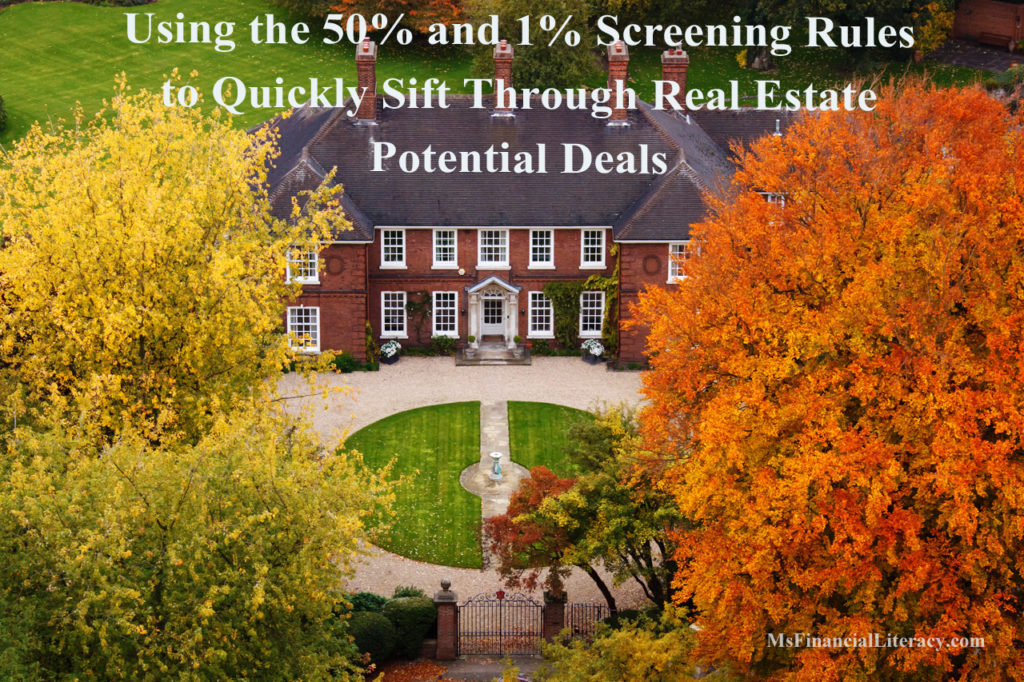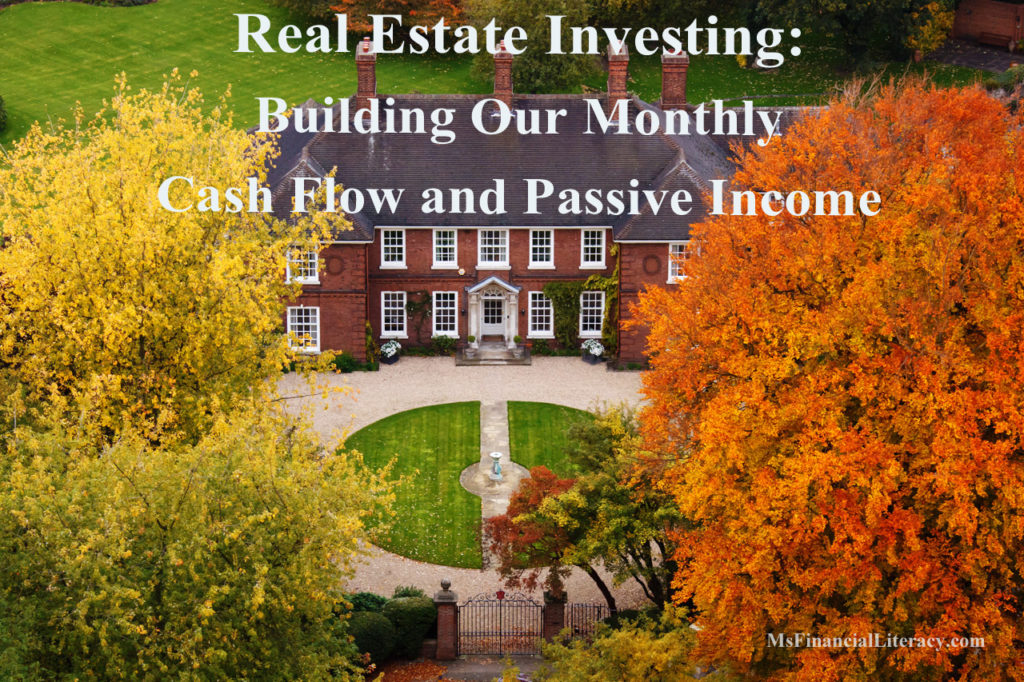I Am a Spender
If I have unlimited access to money, I would be doing a lot of shopping—from picking up a croissant (and a scone and a brioche and a slice of bread pudding) at a bakery to browsing on the web to purchasing flight tickets (and fancy lodging) for my next vacation to shopping wardrobe items for my daughter and husband (and my next designer bag). I would be purchasing beautiful furniture pieces (and other home décor items) and putting an offer on our next house (and vacation home).

However, I don’t shop just to shop. Shopping in generally (even just the thought of it) is both physically and mentally exhausting for me. When I shop, I shop with a purpose—I shop for the experience (what I can enjoy immediately and what I can enjoy weeks, months and years down the road) and a lifestyle. Emotions draw me in. Show me something pretty or something that smells good (hello, fresh baked goods!), and the money in my wallet is already half way out.
With the combined incomes in my household, I can afford to buy lots of things and services. Yet, if you look at my credit card and checking account statements, I don’t spend much money relative to the income. This is especially true in the past four years. How have I been able to resist the strong urge to spend money during my adult years thus far?




